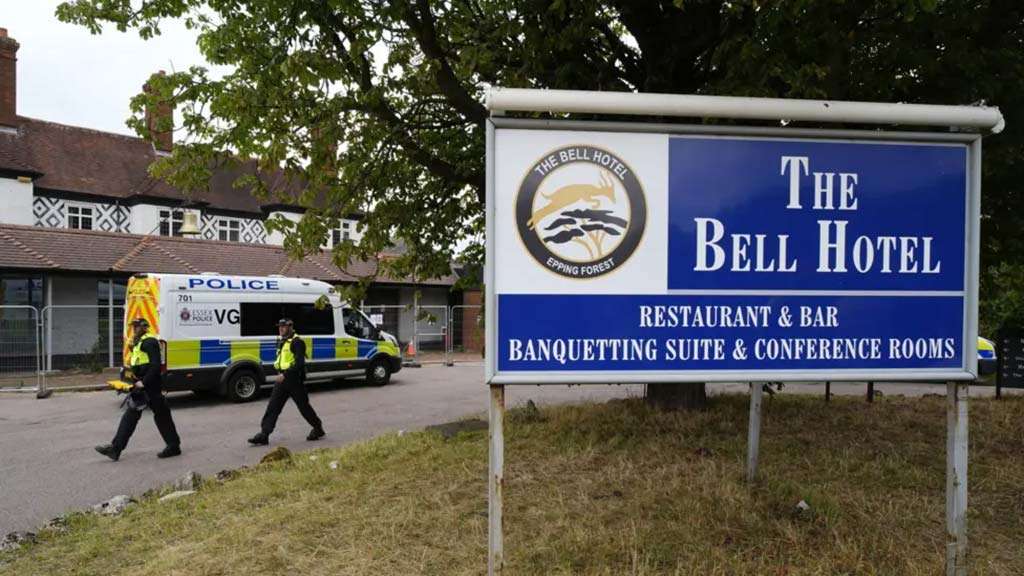The High Court has ruled that asylum seekers housed at the Bell Hotel in Epping must leave by 12 September, in a case planning lawyers say could reshape how migrant accommodation is managed across the UK.
Epping Forest District Council secured a temporary injunction preventing further placements at the hotel, after arguing that its use had been changed unlawfully from short-term visitor stays to long-term institutional housing. The court also denied a request from the Home Office to intervene, ruling that its involvement would not materially assist in resolving the planning dispute.
Lawyers at Clarke Willmott LLP described the decision as a “benchmark case” for planning enforcement, highlighting the growing tension between local planning autonomy and central government asylum policy.
Michelle Spark, partner in the firm’s planning and environment team, said: “At the heart of this dispute lies the fundamental question: does housing asylum seekers in hotels constitute a material change of use under UK planning law? This latest ruling reinforces the authority of councils to enforce planning law, even in the face of national policy imperatives. It sets a precedent for other councils to challenge migrant hotel placements on planning grounds, and may compel the Home Office to seek permission before repurposing hotels.”
The Bell Hotel, like many others across Britain, was contracted by the Home Office to house asylum seekers as part of efforts to tackle a backlog of more than 91,000 cases and hotel costs exceeding £5.7 million a day.
Epping Forest District Council argued that the hotel’s function had shifted from C1 (hotels and guest houses) to either C2 (residential institutions) or sui generis use, given the long-term accommodation of asylum seekers and the provision of support services. The council cited public safety concerns, proximity to schools and care homes, and incidents of arson, protests and alleged assaults as evidence that planning oversight was required.
In a move with potentially wide-reaching consequences, the High Court also found that the hotel’s operators had profited from government contracts while breaching planning law. This opens the way for Epping Council to pursue confiscation of profits under the Proceeds of Crime Act 2002 (POCA).
Louise Clifton, associate in Clarke Willmott’s planning and environment team, said: “With the added dimension of POCA enforcement, councils may utilise the existing legal framework to challenge unlawful land use and recover unlawful financial gains. This could deter property owners from breaching planning laws for profit. It marks a significant shift in enforcement strategy, combining civil planning law with criminal financial recovery.”
The case comes amid rising political scrutiny of asylum accommodation policy, as local councils push back against centrally imposed placements. Planning specialists believe the ruling will embolden authorities to take similar action, potentially slowing the Home Office’s ability to expand the use of hotels without formal planning consent.
“The Epping Forest case underscores the importance of planning law compliance, even in emergency or humanitarian contexts,” Spark added. “As similar disputes emerge across the UK, we may expect more councils to test the boundaries of planning law in managing asylum housing.”
Clarke Willmott, which has offices across England and Wales, said the judgment will be closely studied by local authorities and property owners nationwide.





